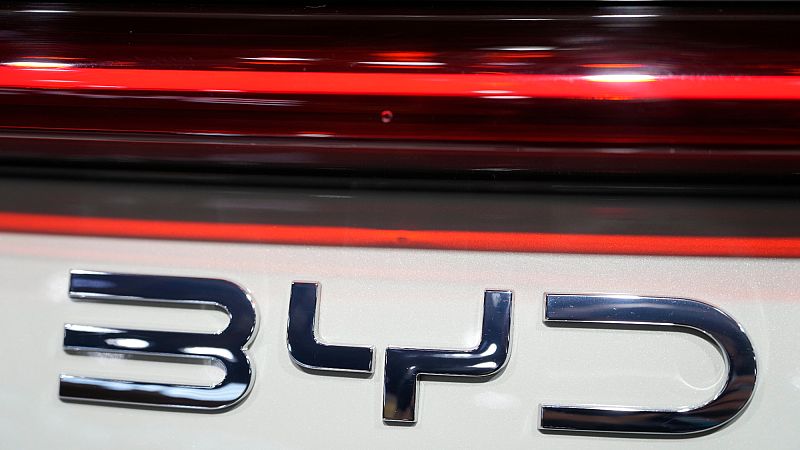China’s BYD makes largest recall of 115,000 cars over design issues

Chinese carmaker BYD (Build Your Dreams) will make its largest recall yet of 115,000 vehicles in its home market due to design defects and battery-related safety risks.
The recall concerns Tang series and Yuan Pro vehicles, both electric and hybrid cars, produced between 2015 and 2022.
More specifically, around 44,500 units of the Tang series will be recalled because of a faulty drive motor controller. In some cases, this can lead to circuit board corrosion and cause the car to lose electric power, according to China’s State Administration for Market Regulation.
Around 71,200 Yuan Pro cars will also be recalled due to incorrectly installed battery seals which could allow water into the battery, in some cases reducing output power.
“BYD Auto Industry Co., Ltd. will authorise its dealerships to apply a special sealant to reinforce the battery casing for free on affected vehicles, restoring waterproofing and eliminating the safety risk,” said the State Administration for Market Regulation.
China dominates the global EV industry in part thanks to generous state subsidies, as well as a forward-looking approach — meaning companies were investing in electric technology well before global competitors.
The rise of these companies has been particularly damaging for European firms, who are still struggling to offer EVs at a lower price than their Chinese rivals. To protect homegrown firms, the EU has been imposing tariffs on Chinese-made EVs in Europe since last year.
For some consumers, the push to keep prices down is nonetheless ringing warning bells as safety issues crop up.
In April, Chinese EV firm Xiaomi attracted criticism after three people were killed in an accident involving one of the company's SU7s.
Even so, safety incidents aren’t exclusive to Chinese brands. A number of global regulators have raised concerns around the safety of door handles in EVs made by the American firm Tesla, owned by Elon Musk.
Unlike in conventional cars, Tesla handles rely on sensors and electricity, meaning they may fail during a fire or power outage.
This design has been replicated by brands such as Xiaomi, although China has now proposed regulations requiring passenger vehicles to include mechanical releases, accessible both inside and outside the car.
Today

